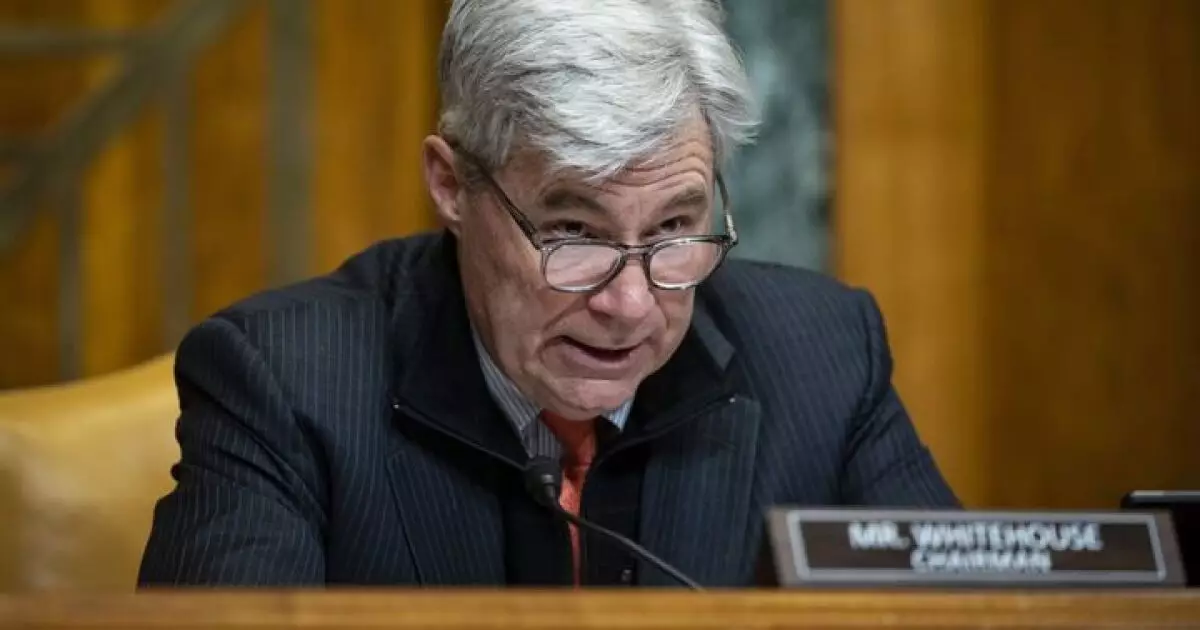The intricate web of regulations and bureaucratic hurdles surrounding infrastructure projects has been exacerbated by political tensions, particularly during the Trump administration. This dynamic was recently highlighted in a committee hearing of the Senate Environment and Public Works Committee, where lawmakers grappled with the pressing issue of permitting delays that have stalled critical initiatives such as offshore wind farms and new housing developments. The current political climate, characterized by partisan gridlock, has not only hindered progress but has also raised questions about the distribution of federal funds and their implications for state projects.
The discord within the committee was palpable, particularly from Democratic members who voiced concerns over the administration’s apparent disregard for the legislative and judicial processes. Ranked Member Senator Sheldon Whitehouse firmly stated that any discussions regarding permitting reform would be moot until the Trump administration honors congressional authority and complies with judicial mandates. Such comments underscore a broader frustration among lawmakers, who feel constrained by executive actions that lock away billions intended for vital infrastructure enhancements. This situation raises critical questions about the balance of power and accountability within the government.
The ramifications of this political stalemate extend beyond insular legislative squabbles, significantly affecting job opportunities in vital sectors. As observed by Brent Booker, the general president of the Laborers’ International Union of North America (LIUNA), the cessation of offshore lease sales directly impacts a burgeoning job market tied to renewable energy projects. Laborers engaged in the construction and servicing of wind farms face uncertainty as proposals are stymied and funding avenues closed off. The Biden administration’s initiatives, including the Bipartisan Infrastructure Bill and the Inflation Reduction Act, were designed to catalyze job growth, yet they now threaten to falter amidst political maneuvering.
As the infrastructure debate plays out, the housing sector is increasingly under duress. With potential restrictions on private activity bonds threatening to further inhibit affordable housing developments, industry stakeholders have raised alarms. The National Association of Home Builders (NAHB) has emphasized the need for local and state governments to streamline permitting processes to alleviate the housing shortage. Carl Harris, NAHB’s chairman, suggests that federal assistance through Community Development Block Grants could be instrumental in stimulating local housing initiatives, a notion that demands urgent attention from Congress.
Addressing the intricate challenges surrounding infrastructure and housing sectors will require a concerted effort to overcome the existing partisan divides. The implications of inaction reach far beyond mere construction delays; they pose significant risks to job security, economic stability, and national progress towards clean energy initiatives. Stakeholders from all sides of the political spectrum must come together to alleviate red tape and unlock necessary funding, ensuring that critical projects move forward without further impediment. With a strategic focus on collaboration and a sincere commitment to uphold governmental accountability, there lies an opportunity to revitalize America’s infrastructure landscape and foster economic growth for future generations.

